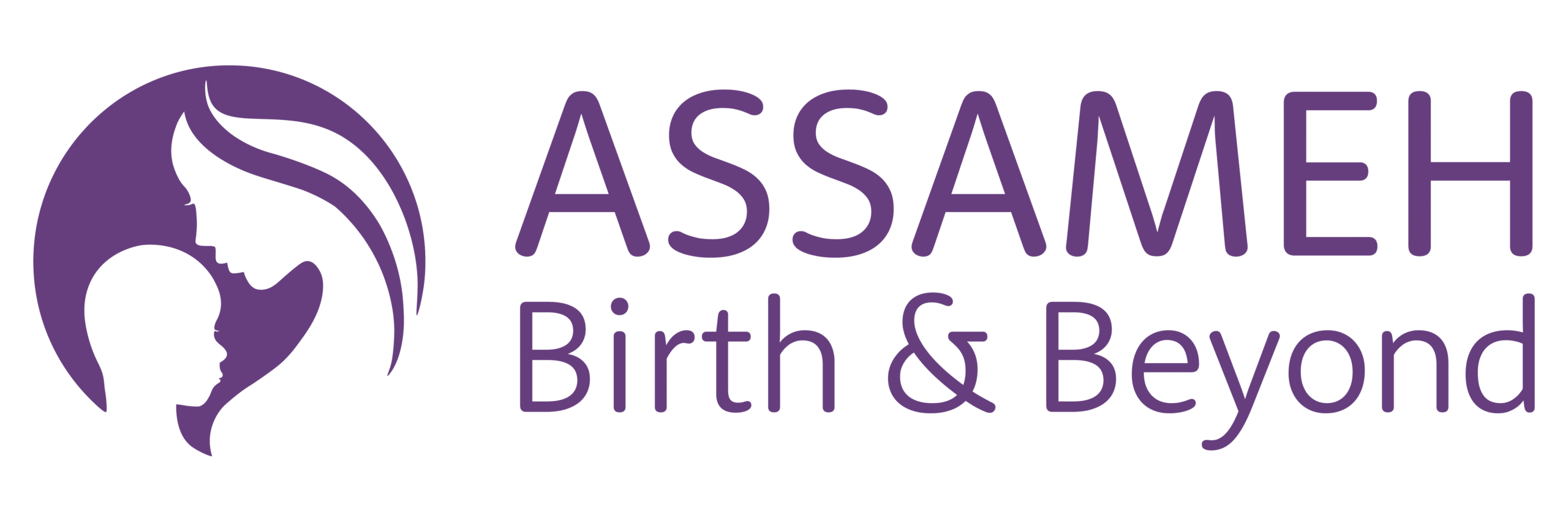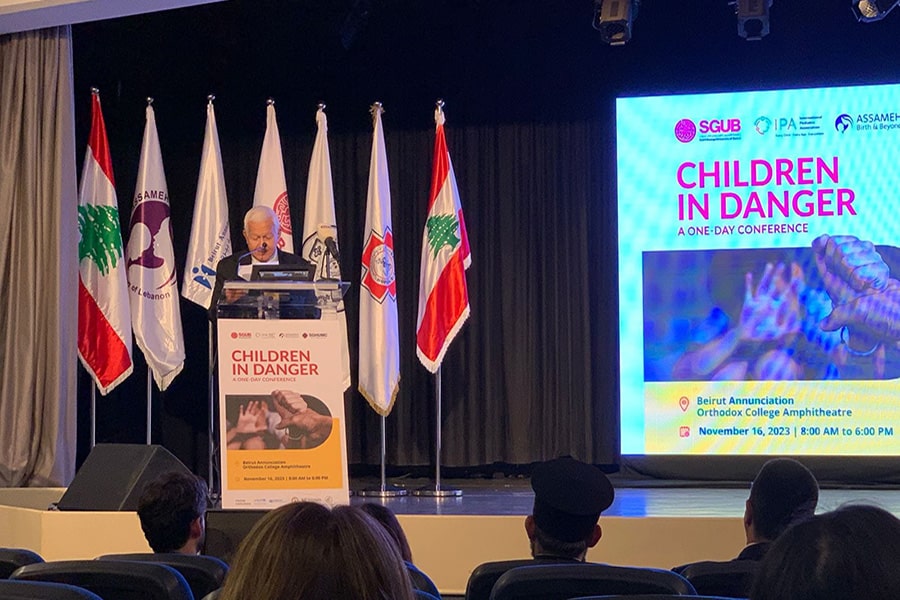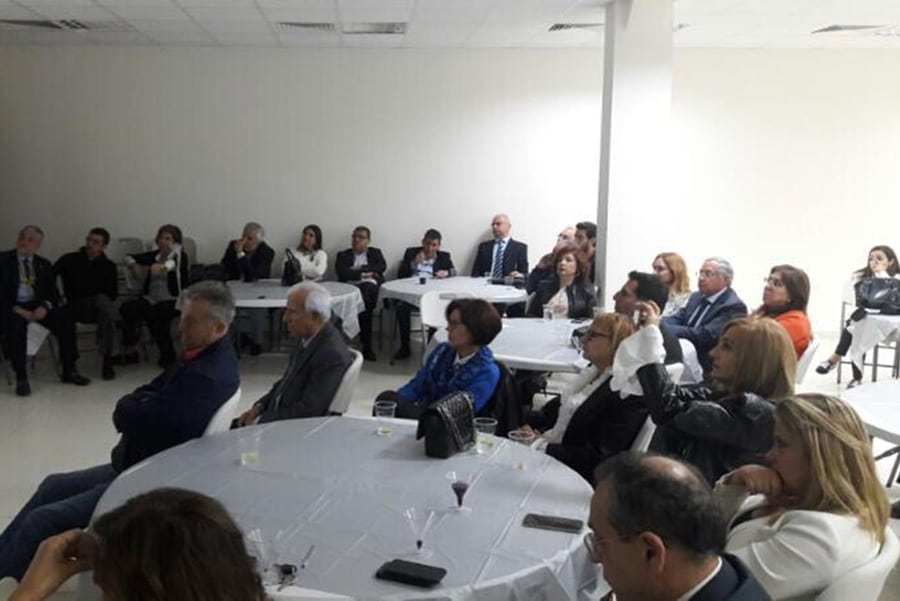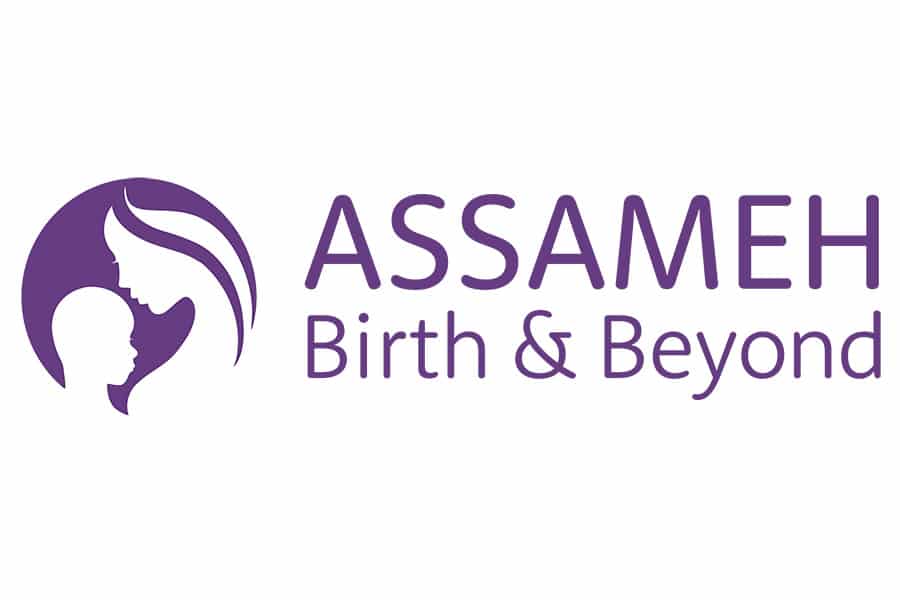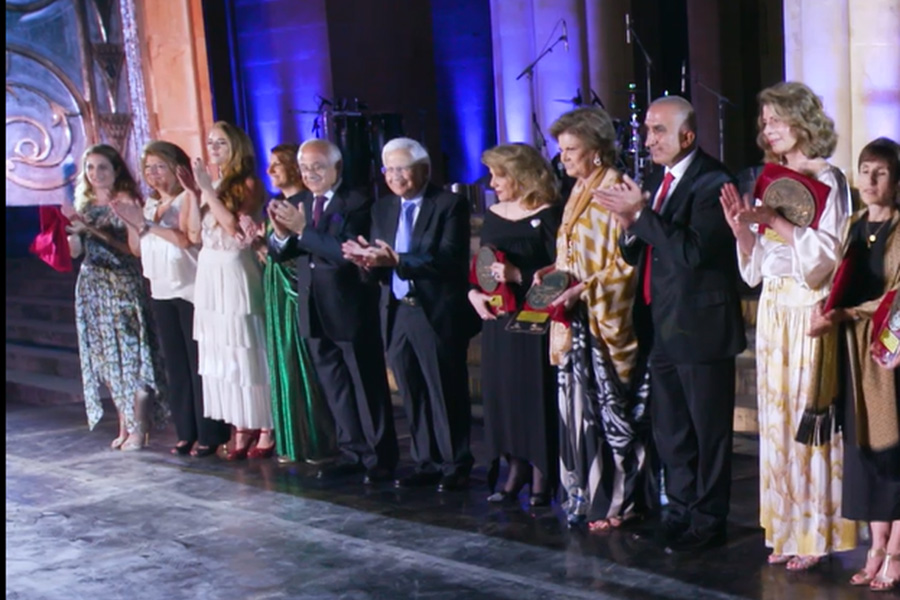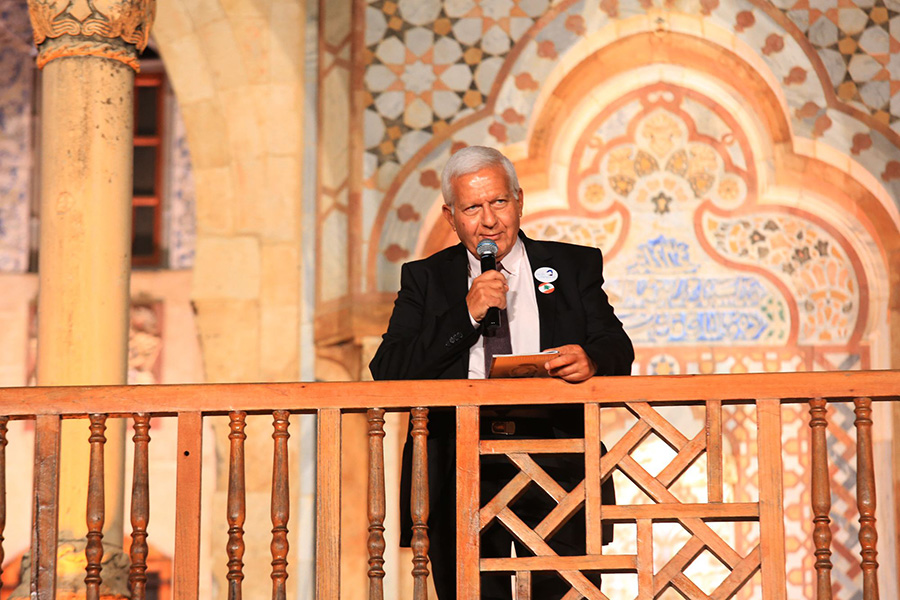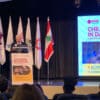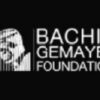Many children who tested positive to COVID-19 in Europe and the United states are presenting symptoms of the Kawasaki-like illness. The main common symptoms that have been identified are prolonged fever, predominant digestive troubles, and signs of cardiac unrest. Some children have displayed other symptoms such as skin eruption.
What is the association between Kawasaki-like illness and COVID-19?
While the nasopharyngeal swab results for COVID-19 were negative, serology for COVID-19 was positive. Is this a false negative you may ask?
Studies have proved that 90% of children presenting Kawasaki-like symptoms had in fact received a positive serology for COVID-19 confirming they had developed an immunology response to the virus weeks before being tested.
Rest assured, this is a rare occurrence. According to the Lebanese Ministry of Health, 3.15% of the infections in Lebanon are younger than 10 years old and 8.19% are in the range of 10 to 19 years old.
When a child presents the Kawasaki-like symptoms the treatment is focused on reducing the blood vessels inflammation. An immunoglobulin or Ig polyvalenre (IVIg) injection is provided to regulate the immune response and reduce the inflammation.
This treatment is reducing the rate of complications up to 5%, especially the risk of developing coronary aneurysm. Some other treatments are considered, such as aspirin and corticoids can be prescribed to reduce the inflammation.
It is important to note that most children recover very quickly, and the cardiac unrest is resolved within 2 to 3 days.
